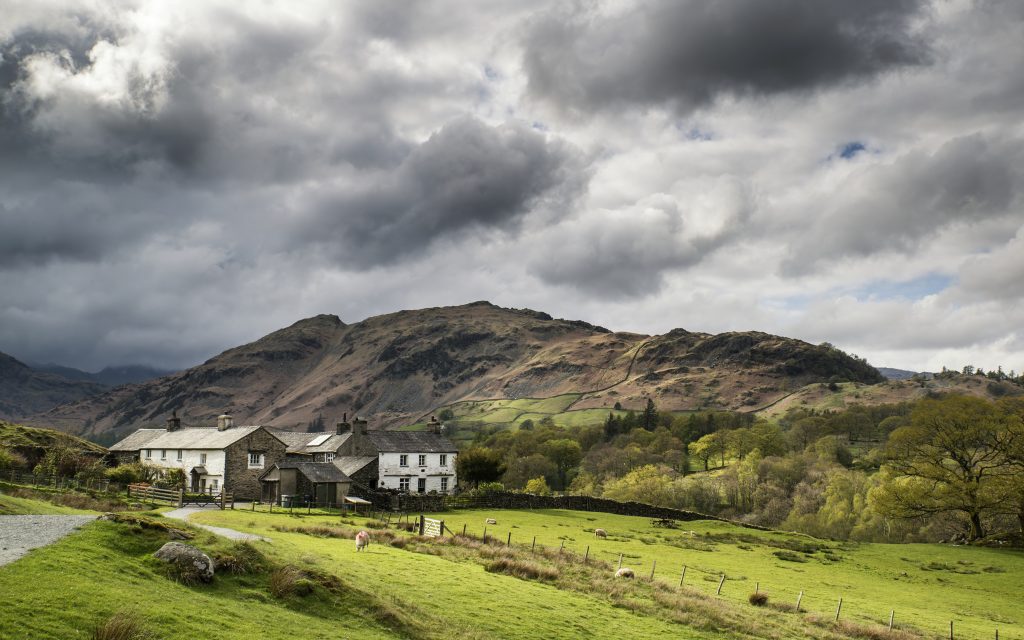There are things we, as a modern society, expect in our homes: running water, electricity at the touch of a button, heating for when temperatures drift south.
All are ubiquitous in the UK, serviced by large networks that deliver these resources on demand. But there are some areas in the country that exist apart. In the UK there remains a large proportion of homes off the gas grid.
Without the benefits of easy-to-access gas and gas boilers, these households rely on other forms of heating often fuelled by expensive and high-carbon fuels like oil or liquid petroleum gas (LPG).
But there are alternatives to these, and of those fuels, biomass is not only an increasingly affordable one, but a cleaner one, too.
How do you heat your home with biomass?
Biomass boilers work in much the same way that a gas powered one does. They use fuel to generate a heat source that then heats water which is passed through radiators and into your household’s hot water supplies. Whereas the majority of boilers in the UK use gas as a fuel source, biomass boilers run on natural wood products, such as compressed wood pellets.
It’s an efficient and effective way of heating homes and in Europe it’s a common one. In Sweden, 1,400,000 tonnes of pellets were used in 2014 for heating.
Compare that with the UK’s 300,000 – in a country with six times the population – and the difference is stark. Biomass covers more of Europe’s energy requirements than any other, but in the UK we’re falling behind continental averages.
A cleaner, cheaper alternative
Wood is a simple renewable fuel. A growing tree absorbs carbon dioxide out of the atmosphere, which is released when the wood is used to generate energy in the form of heat or electricity. New trees are planted to replace the old ones and the carbon dioxide is absorbed all over again. Thanks to this cyclical process, biomass fuel is sustainable.
This makes compressed wood pellets a more climate-friendly fuel source than the fossil fuels of the past such as diesel and oil. As well as being renewable, there are financial benefits too: a wood-fuelled biomass boiler offers significant savings when compared with electric heating.
Support towards a cleaner future
The Government has recognised the importance of technologies such as biomass-fuelled boilers in achieving a lower carbon future. The Renewable Heat Inventive (RHI) programme was introduced to provide incentives to homeowners, landlords and commercial customers for installing generators of renewable heat such as wood pellet boilers.
Its objective is to try to achieve the target of ensuring that 12% of the UK’s heating comes from renewable sources by 2020. Currently it makes up just 5% of the total.
But with improving technology and a more regular supply of biomass fuel – such as that offered by AMP Clean Energy [previously Billington Bioenergy] to domestic customers – domestic wood pellet heating could become something that’s not just a niche option, but a serious alternative to off grid homes.











